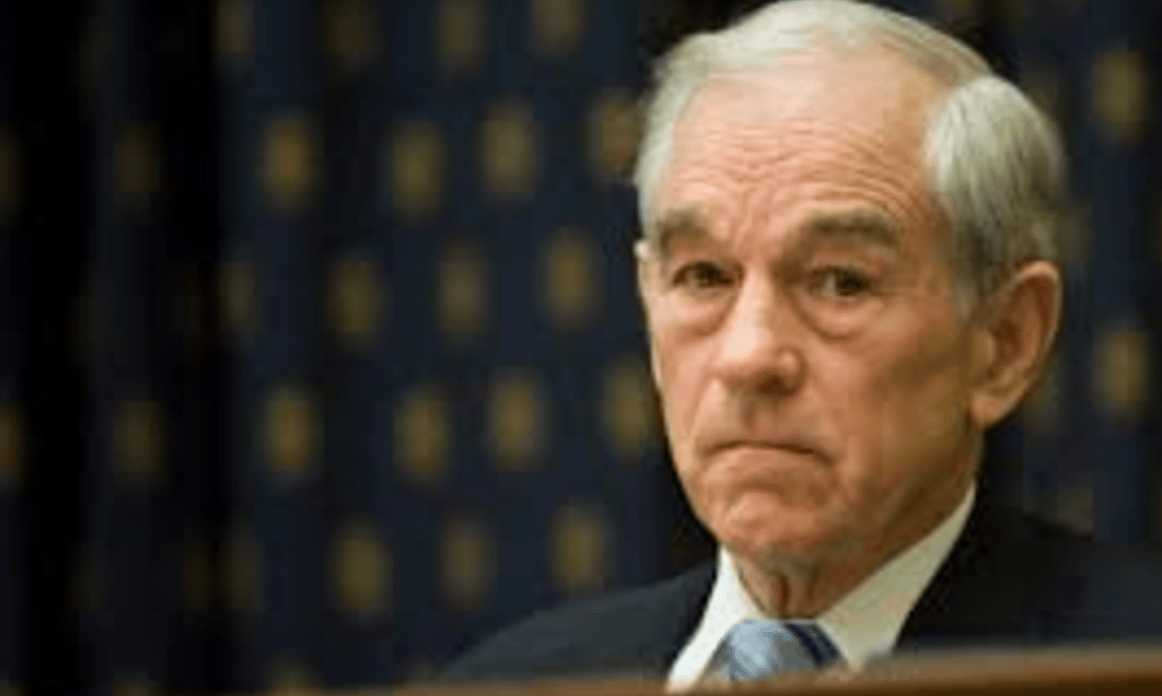Who do Americans have to thank for the United States government not subjecting them to a national vaccine passport like those being imposed by national governments in Europe? Megan Redshaw wrote in a Wednesday article at Children’s Health Defense that the credit goes to Ron Paul who, while serving as a member of the US House of Representatives, led the effort to bar the US government from creating for each American a “unique health identifier” number.
Redshaw wrote:
So far, the Biden administration has resisted the idea of a “vaccine passport” for the U.S. On May 28, U.S. Director of Homeland Security (DHS) Alejandro Mayorkas said the U.S. was taking a “very close look” at vaccine passports for international travel. Later that day, the DHS clarified there will be no “federal mandate” for vaccine passports in the U.S.
According to the Los Angeles Times, the U.S. does not have a national database for immunization records that could act as the source of vaccination data for use in digital passes. That’s because a national system to create a unique identification number to link the health records of every American has been banned since 1998, spearheaded by then-Rep. Ron Paul (R-Texas), who said such a system would be an unwarranted privacy intrusion.
An attempt to overturn the ban passed the U.S. House in 2019, but was rejected by the Senate.
Paul left the US House in January of 2013.
Paul’s son Rand Paul has been a key person working in the US Senate to keep in place the prohibition on a unique health identifier. A September of 2019 press release from Rand Paul’s Senate office recounts the following:
Dr. Paul’s father, former Congressman Ron Paul (R-TX), introduced language to the Labor-HHS appropriations bill in 1998 to restrict the use of federal funds to develop the identifier, and such a ban has been continually renewed in each Labor-HHS appropriations bill since.
This June, however, an amendment stripped this critical protection for Americans out of the version of the Labor-HHS appropriations bill ultimately passed by the U.S. House of Representatives. Enacting the bill into law with this amendment or a similar provision would open the floodgates for a government-issued ID to be linked with the private medical history of every man, woman, and child in America.
Prior to introducing standalone legislation to repeal the original authority created under HIPAA, Dr. Paul successfully advocated this month for keeping language banning federal funding for the unique health identifier in the proposed Senate version of the Labor-HHS appropriations bill.


